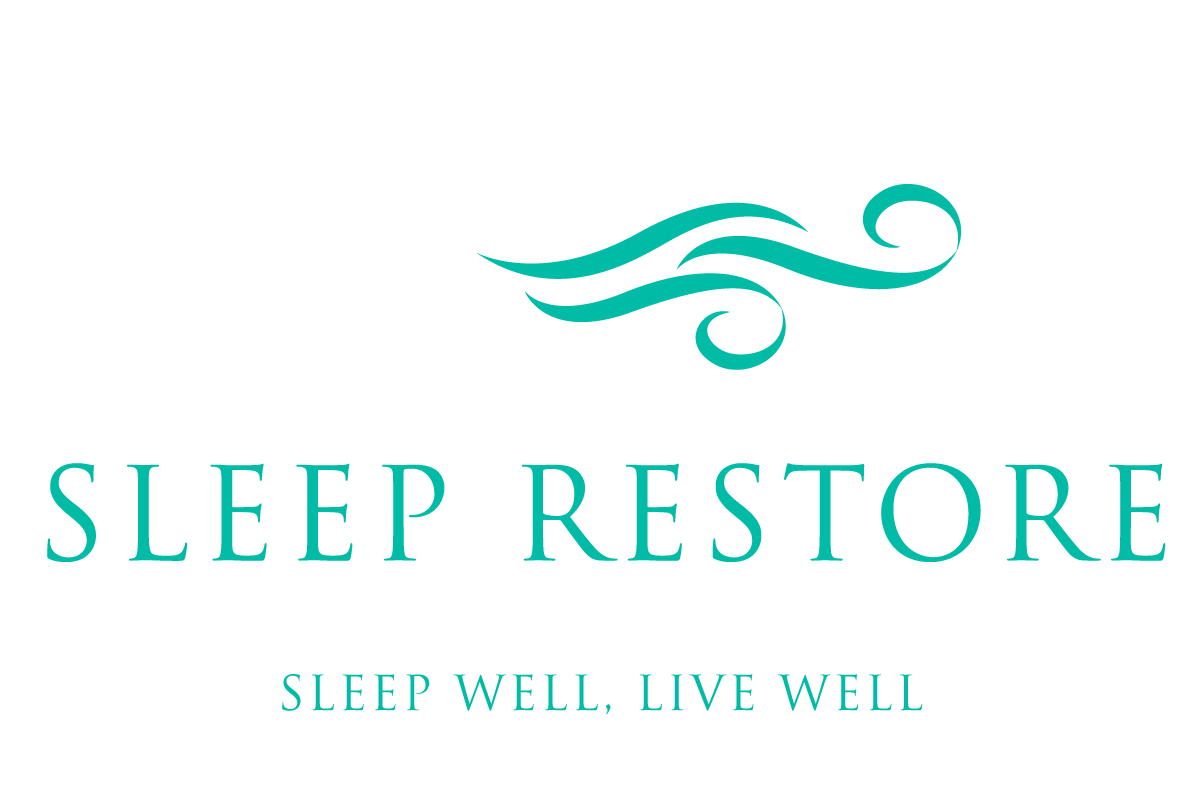- 7951 Katy Fwy, Suite I, Houston, TX 77024
- 713-527-2737
- info@sleeprestorehouston.com
Oral appliances are highly effective, with success rates of 85-95% for appropriate candidates. They work best for mild to moderate sleep apnea, but can also be effective for severe cases when CPAP is not tolerated. Our practice achieves a 98% success rate through careful patient selection and custom fitting.
Most patients notice improved sleep quality within the first few nights of wearing their appliance. Full adaptation typically occurs within 2-4 weeks. Significant improvements in daytime alertness, snoring reduction, and overall sleep quality are usually evident within the first month of consistent use.
Yes, oral appliances can be effective for severe sleep apnea, especially when CPAP is not tolerated. Studies show success rates of 60-80% for severe OSA patients. We carefully evaluate each case and may recommend combination therapy or alternative approaches for optimal results.
We provide ongoing adjustments and modifications to optimize your treatment. If the initial appliance type isn't effective, we can try different designs or approaches. Our goal is your success, and we work with you until we achieve the best possible outcome.
Most patients experience only mild initial discomfort that resolves within 1-2 weeks. The appliance is custom-fitted for maximum comfort. Some patients report slight jaw soreness initially, similar to after dental work, but this typically subsides quickly as you adapt.
Yes, oral appliances allow you to sleep in any comfortable position. Unlike CPAP masks, there are no hoses or equipment to restrict your movement. You can sleep on your side, back, or stomach without affecting the appliance's effectiveness.
Most modern oral appliances allow limited mouth opening and speech, though it may sound slightly different. You can drink water and, if necessary, speak briefly while wearing the appliance. However, it's designed for sleep, so extensive talking isn't recommended.
Mild jaw soreness is normal initially but typically resolves within a few days to weeks. We carefully evaluate your jaw function before treatment and monitor for any TMJ issues. The appliance can be adjusted if discomfort persists, and we provide jaw exercises to help with adaptation.
Daily cleaning is simple: rinse with cool water and brush gently with a soft toothbrush and mild soap. Avoid hot water, which can warp the material. Weekly deep cleaning with denture cleaner or specialized appliance cleaner is recommended. We provide detailed care instructions and cleaning supplies.
With proper care, most oral appliances last 3-5 years. Factors affecting lifespan include material quality, grinding habits, and maintenance. We monitor your appliance at regular visits and will recommend replacement when needed. Many insurance plans cover replacement appliances.
This is one of the major advantages over CPAP. The appliance fits in your pocket, requires no electricity, and has no TSA restrictions. It's perfect for business travel, camping, or any situation where CPAP would be impractical.
Occasional missed nights won't harm your progress, but consistency is important for optimal results. If you frequently forget, we can provide reminders and tips to help establish the routine. The appliance only works when worn, so regular use is essential for continued benefits.
Oral appliances offer several advantages: they're silent, portable, require no electricity, and have higher compliance rates (90%+ vs 50% for CPAP). CPAP may be more effective for severe cases, but oral appliances provide excellent results for most patients with better quality of life.
Yes, many patients successfully switch from CPAP to oral appliances. Common reasons include mask discomfort, travel difficulties, or partner disturbance. We evaluate your sleep study results and current treatment to determine if you're a good candidate for the switch.
You're not alone - about 50% of patients struggle with CPAP compliance. Oral appliances are an excellent alternative for CPAP-intolerant patients. We specialize in helping patients who have had difficulty with CPAP find a comfortable, effective solution.
In some cases, combination therapy using both CPAP and an oral appliance can be beneficial. This approach may allow for lower CPAP pressures and improved comfort. We work with your sleep physician to determine if combination therapy is right for you.

Houston’s premier sleep apnea treatment center, specializing in comfortable, effective oral appliance therapy solutions.
© 2025 Sleep Restore Houston. All rights reserved. | Privacy Policy | Terms of Service
Professional sleep apnea treatment and oral appliance therapy in Houston, Texas.